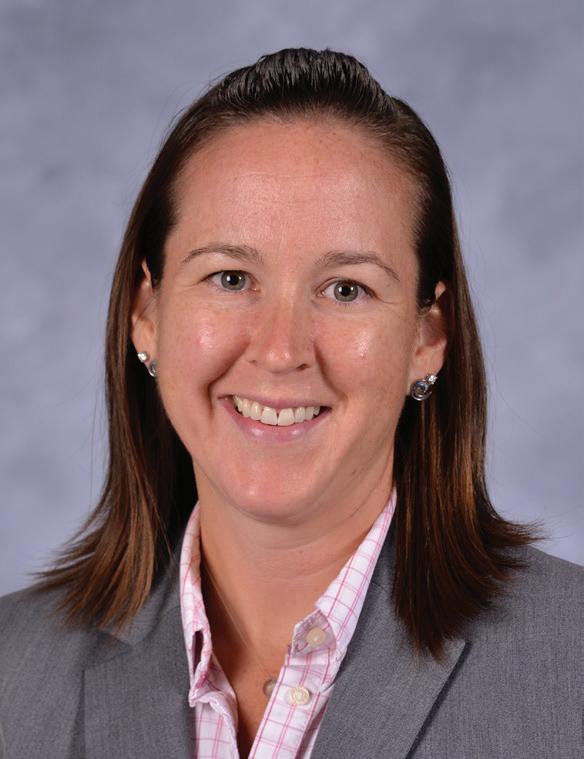
2 minute read
Annual check-ups and screenings impact your health
from Think Wellness
By Katie Thompson, DO, Mankato Clinic Family Medicine
Several studies show that people canceled, or didn’t schedule, their annual check-ups and routine cancer screenings in 2020 due to the pandemic. Physicians are concerned that drops in routine screenings, such as mammograms and colonoscopies, can lead to detecting cancer in later stages when it’s more difficult to treat.
Advertisement
Annual check-ups are the easiest way to stay up-todate in preventive healthcare. So let’s get your health back on track.
Annual check-ups
Your annual check-up is a great way to get to know your primary care provider and talk about your overall health. We review your medical history, family health history, medications and mental health. You may also want to discuss stress, behavioral health and self-care.
If you’re delaying your check-up because you gained weight, please remember that your medical provider experienced 2020 right along with you. We understand that some of our healthy behaviors went out the window this year. Your activity may have gone down and your food and alcohol consumption up. We can help you get back to thriving. We can discuss small changes to help you live healthier.
Please be honest with your provider. We are here to help you.
We often look at your risks for conditions such as diabetes and heart disease. Your provider may recommend a simple blood test to measure your cholesterol and blood sugar. Most healthy adults should get their cholesterol checked every 3-5 years. Your cholesterol and blood sugar numbers can help us determine if steps are needed to lower your risk for heart disease, stroke and diabetes.
At your annual check-up, your provider will let you know what cancer screenings are recommended.
What are cancer screenings?
Screenings are tests to find cancer before symptoms show up. Common screenings include regular mammograms, colonoscopies and Pap tests. These are the best methods to detect cancer in its earliest stages when it’s easiest to treat.
Cervical cancer
Pap smears are recommended every three years for women age 21-29 to screen for cervical cancer. From age 30 to 65, the preferred screening method is a Pap test combined with a human papillomavirus (HPV) test every five years.
These screenings can actually prevent cervical cancer because we can detect abnormal cervical cell changes, known as pre-cancers. We can treat the abnormal cells before they can turn into a cervical cancer.
Katie Thompson, DO Mankato Clinic Family Medicine
Breast cancer
The American College of Radiology recommends that women of average risk should get annual mammograms beginning at age 40. Annual mammograms allow us to compare your breast tissue from year to year and look for changes. If you have a higher risk for breast cancer, annual mammograms may be recommended earlier. Your primary care provider can let you know when to begin screening mammograms.
Colorectal cancer
If you’re 50, it’s time for a colonoscopy! From age 50 to 75, the U.S. Preventive Task Force recommends colonoscopies every 10 years or sooner with a family history of colon cancer. This is the only screening that can prevent colorectal cancer by removing precancerous polyps.





